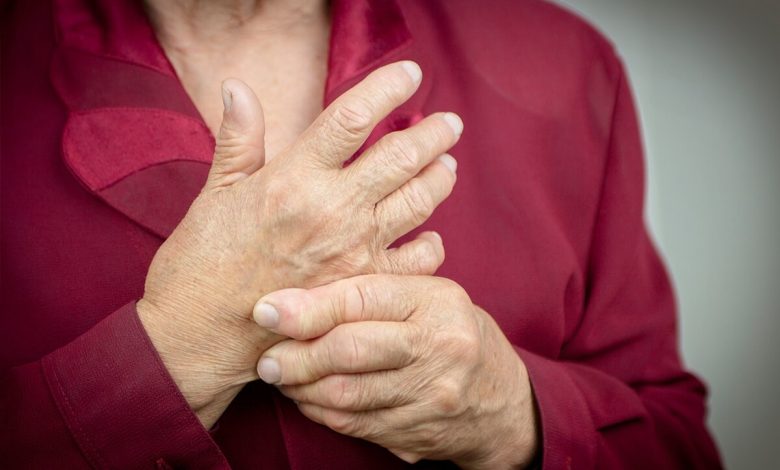Study – Can Gut Bacteria Cause Rheumatoid Arthritis?

Researchers from the University of Colorado School of Medicine (USA) have discovered that a unique bacterium present in the intestine may be responsible for triggering rheumatoid arthritis (RA) in people already exposed to this disease autoimmune.
“This work has established that we can identify people at risk for RA based on serological markers, and that these markers can be present in the blood for many years prior to diagnosis. When they looked at these antibodies, one is the normal type of antibody that we normally see in the circulation, but the other is an antibody that we usually associate with our lining, whether it’s oral mucosa, intestinal mucosa or lung mucosa. We started wondering if something in the mucosal barrier could be causing RA,” said Kristine Kuhn, lead author of the study, published in the journal Science Translational Medicine.
The researchers took antibodies created by the immune cells of individuals whose blood markers indicated they were at risk for the disease and mixed them with the faeces of at-risk individuals to find the antibody-tagged bacteria.
To test their hypothesis, the researchers used animal models to house the newly discovered bacterium. These experiments showed that not only did the bacteria show in animal models the blood markers found in people at risk for RA, but some of the models also showed the development of true RA.
“We have confirmed that T cells in the blood of people with RA react to these bacteria, but healthy people do not. Through studies in humans and animal models, we were able to identify these bacteria as being associated with the risk of developing RA. They trigger RA-like disease in animal models, and in humans we can show that these bacteria appear to trigger RA-specific immune responses,” says Kuhn.
If a single species of bacteria is indeed driving the immune response that leads to RA in people already exposed to the disease, Kuhn says, it might be possible to target the bacteria with drugs to prevent that response from building up. produce.
“The next thing we want to do is identify, in broader populations of people at risk for RA, whether these bacteria correlate with other genetic, environmental and mucosal immune responses and ultimately with the development of the PR. We could then say, “This is a useful marker to help predict who will develop RA” and apply prevention strategies. The other possibility is that if we can understand how these immune responses are triggered, we might be able to block the bacteria’s ability to do so,” says Kuhn.












